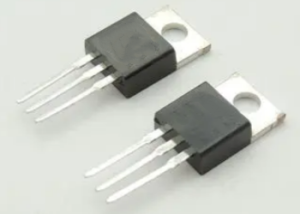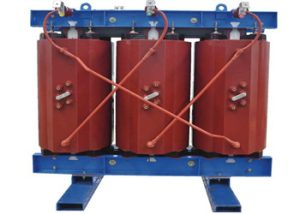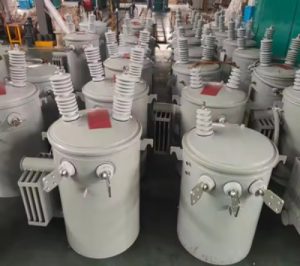Electronic Components Supplier | Transformers, Inductors, Inverters
Introduction to Hybrid Inverters
In today’s rapidly evolving energy landscape, hybrid inverters have emerged as a game-changing technology. Combining the best features of grid-tied and off-grid inverters, these advanced systems offer unmatched flexibility, efficiency, and energy independence. Whether you’re looking to reduce electricity bills, integrate solar power, or ensure backup power during outages, a hybrid inverter is the ideal solution.
This article explores the benefits, working principles, and key considerations when choosing a hybrid inverter, making it easier for homeowners and businesses to transition to smarter energy solutions.
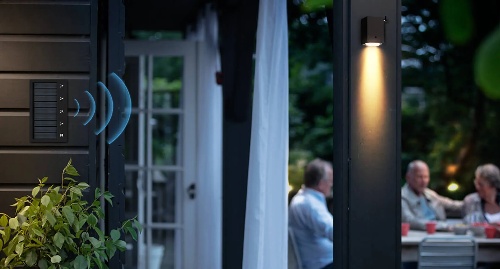
What Is a Hybrid Inverter?
A hybrid inverter is a multi-functional device that manages power flow between solar panels, batteries, and the grid. Unlike traditional inverters, which only convert DC to AC, a hybrid inverter can:
- Store excess solar energy in batteries for later use.
- Feed surplus power back into the grid (where net metering is available).
- Provide backup power during blackouts.
- Optimize energy consumption for maximum savings.
This versatility makes hybrid inverters a top choice for modern renewable energy systems.
How Do Hybrid Inverters Work?
The hybrid inverter operates in three primary modes:
1. Solar Power Utilization
During daylight, solar panels generate DC electricity, which the hybrid inverter converts into AC power for household use. Excess energy charges the battery storage system instead of being wasted.
2. Battery Storage & Backup
When solar production is insufficient (e.g., at night or on cloudy days), the hybrid inverter draws power from the batteries. If the batteries are depleted, it seamlessly switches to grid power.
3. Grid Interaction
In grid-tied setups, a hybrid inverter can export surplus energy to the grid, earning credits or reducing electricity bills through net metering.
Key Benefits of Hybrid Inverters
1. Energy Independence
With a hybrid inverter, users rely less on the grid, reducing vulnerability to power outages and rising electricity costs.
2. Cost Savings
By maximizing solar self-consumption and leveraging battery storage, hybrid inverters significantly cut energy expenses over time.
3. Smart Energy Management
Many hybrid inverters come with AI-driven monitoring systems that optimize energy usage based on consumption patterns and weather forecasts.
4. Future-Proof Investment
As energy storage becomes more critical, hybrid inverters ensure compatibility with emerging technologies like vehicle-to-grid (V2G) systems.
Choosing the Right Hybrid Inverter
When selecting a hybrid inverter, consider:
- Power Capacity – Match the inverter’s wattage to your solar system and energy needs.
- Battery Compatibility – Ensure it supports lithium-ion, lead-acid, or other preferred battery types.
- Efficiency Rating – Higher efficiency (95%+) means less energy loss.
- Smart Features – Look for Wi-Fi/Bluetooth monitoring and remote control options.
- Warranty & Support – Opt for reputable brands offering 10+ years of warranty.
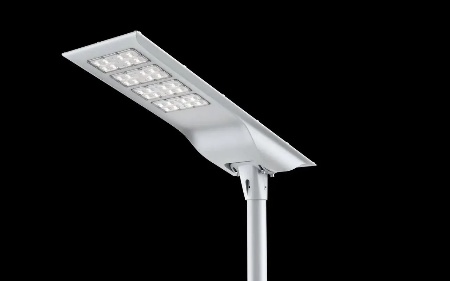
Top Hybrid Inverter Brands in 2024
Some of the best hybrid inverters on the market include:
- SolarEdge – Known for high efficiency and smart energy management.
- Victron Energy – Ideal for off-grid and hybrid setups.
- Huawei – Offers advanced AI optimization for solar + storage.
- Growatt – Budget-friendly yet reliable hybrid solutions.
Conclusion: Why Hybrid Inverters Are the Future
The demand for hybrid inverters is skyrocketing as more homeowners and businesses seek sustainable, cost-effective energy solutions. With their ability to integrate solar power, battery storage, and grid connectivity, hybrid inverters provide unmatched efficiency and resilience.
Investing in a hybrid inverter today means lower energy bills, reduced carbon footprint, and greater energy security for the future.



